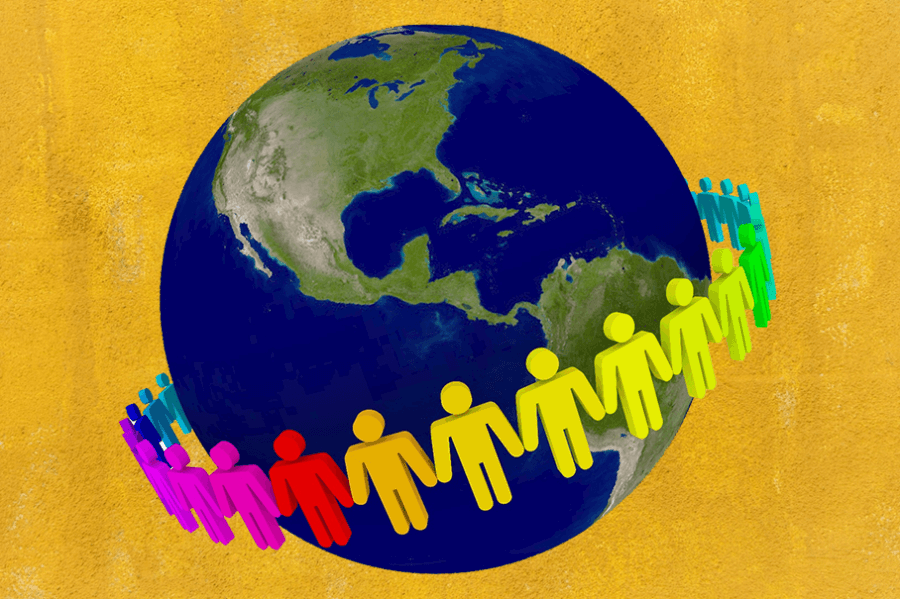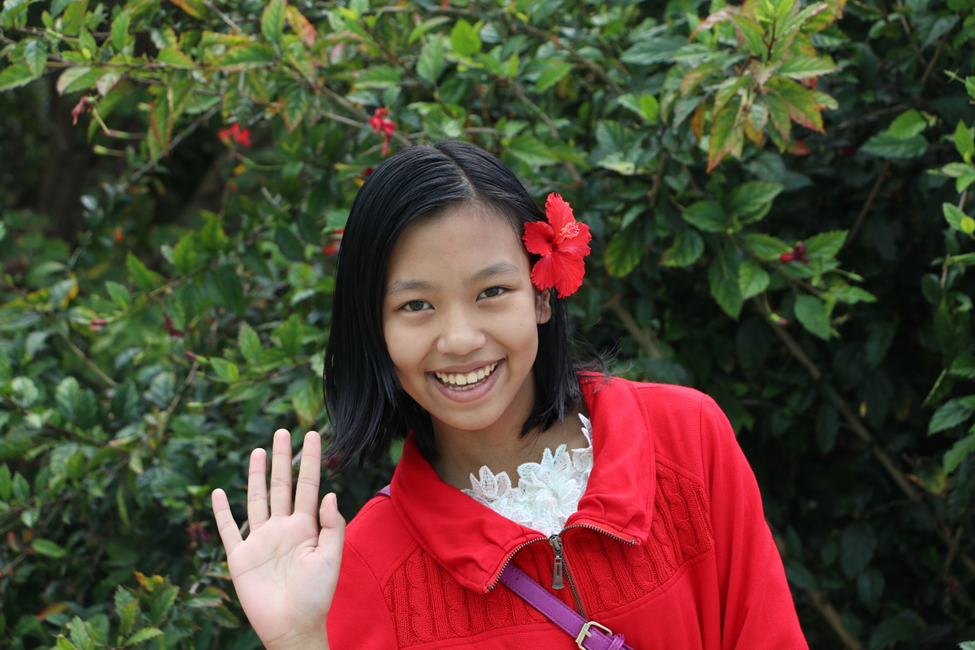Is Being Written Now
Okay, my title for this essay isn’t an eye-catcher. However, my three trips changed my Weltanschauung. I went to Myanmar to interview the Lady, Aung San Suu Kyi, and failed. Nonetheless, I discovered a young lady, Ti Ti. At the time, Ti Ti was nine and was the link that tied me to my family in Myanmar. I have been to Myanmar three times. I returned from my last journey a year and a half ago. My family and I were planning another family tour during my winter break from teaching at the end of this year.
We were all excited about where we would go on that family tour. Then COVID-19 appeared on the world scene. Then the generals had a coup in Myanmar a month after the insurrection at the Capitol on January 6th. The coronavirus is being dealt with at varying success rates globally, but the coup will be there for an unknown amount of time.
The British left Burma in 1948 at the insistence of General Aung San, the father of Aung San Suu Kyi. Burma created a parliamentary democracy. However, in 1962, the military seized power. For over two dozen years, the military controlled Burma. The military cracked down on the protesters on August 8, 1988. That date is also known as the 8888 Uprising.
The following year, the name of the country changed from the Union of Burma to the Union of Myanmar. Several years later, the military renamed the country Republic of the Union of Myanmar. Nevertheless, Myanmar replaced the British name, Burma, due to it emphasized one ethnic group over other groups.

While the Tatmadaw, which is Myanmar’s name of the military, controls much of the country since 1962, about a dozen ethnic groups have been fighting the military’s control over their ethnic areas. When tourists travel in Myanmar, they are restricted to the tourist triangle, consisting of sizeable areas around the major cities. It was not safe to travel outside the tourist triangle. Those areas are called the borderlands, where the military government is fighting various ethnic guerilla armies.
While I had hired private tour guides on my first two visits to Myanmar, I was fully aware of the danger of going beyond the tourist triangle. Interestingly, Ti Ti’s mother was one of my guides on my first trip, and her father was one on my second trip. On my third visit, we went on a family tour of parts of Myanmar together.
One issue that fascinates me is the ethnic guerilla groups and linking up the civilians within the tourist triangle to fight against the Tatmadaw. This video discusses some of the fighting between the military government and the ethnic fighters.
This video shows related fighting.
In my two prior essays, Three Take-Aways and Trinity of Cuts, I wrote about the similarities between what interests Denzel Washington and me, even though I lack his way with words. While working on this article, I discovered a parallel to Washington. Carlos Sardiña Galache and I share a common interest in Myanmar and have similar mindsets regarding that country. Galache is an author and journalist.

As the coup began, I couldn’t see any means that the citizens within the tourist triangle could defeat the Tatmadaw and the generals.

However, it wasn’t long before the ethnic armies in the borderlands saw an opportunity. I realized that the ethnic armies could link up within the tourist triangle and fight the Tatmadaw. I mentioned that to my family in Myanmar. Carlos Sardiña Galache wrote a similar analysis of the situation.
The Tatmadaw has always portrayed itself as the only institution capable of preserving Burma’s unity, and this coup is proving the point in an unintended way: virtually the whole country seems to be united in rejecting the coup and the Tatmadaw itself.
There isn’t anything that I can do half a world away from my family to keep them safe. Nevertheless, Galache’s comment about uniting the country is correct. Myanmar is divided into two areas: the tourist triangle and the borderlands. They are collaborating in a common cause, which is eliminating the military from governing Myanmar.
Follow @mountain_and_me















